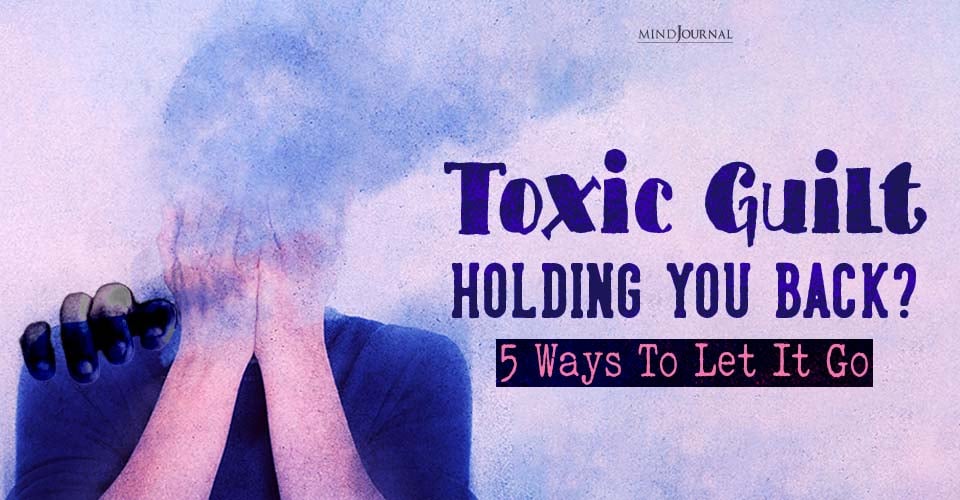Imposter syndrome isn’t just self-doubt, it’s a deep fear of being exposed as a fraud, even when you’re capable, and deserving of success. Do you feel that way? Read on to know more about this!
Many of us struggle to feel competent. The reasons why are complicated.
Key points
- Imposter syndrome, feeling inadequate or unworthy of our success, is incredibly common.
- Women suffer from imposter syndrome more than men, and people of color more than whites.
- The current environment can unnerve even experienced professionals and make them less confident
- The answer isn’t faking confidence, it’s being open about your fears.
Read More Here: How To Project Confidence Like A Pro? 10 Ways To Fake It Till You Make It
Do You Suffer From Imposter Syndrome?
A friend of mine recently told me about an experience she had in grad school several years ago. She had been accepted into a very selective program, and the first event was orientation.
The director welcomed everyone and then said: “Let’s get this out of the way first. You all deserve to be here. We didn’t send the wrong letter to anyone. You earned this, and we hope you enjoy it. Let go of your imposter syndrome.”
This was a program that was familiar with a student’s struggle to feel confident about a big academic success. Instead of feeling great when we achieve, we sometimes feel anxious instead.
The reality: It’s very normal to suffer from imposter syndrome, that feeling you get when you think you can’t do something as well as people believe you can. Or you are in a position where you feel you haven’t earned.
Sometimes it shows a healthy amount of modesty to be grateful and a little awed when you find yourself enjoying an opportunity you couldn’t imagine. But when that awe turns to self-doubt, it can impede not only your enjoyment but your actual performance.
In a professional context, trying to work or even lead with imposter syndrome can become difficult. You can fear that you will look incompetent, or unprepared. Some people try to compensate for their insecurity by frequently apologizing for even holding the position.
They will say, “I just got really lucky.” Or they joke, “Someone will realize soon that I don’t know what I’m doing.” At best, it can become a tiresome joke, and at worst, your colleagues and team might begin to wonder if you really are unqualified.
How do you end the imposter syndrome narrative you’ve told yourself?
The reality is that in business today, it’s easy to feel less certain of yourself than ever before. It’s one thing if you are a recent grad, or just started a new job, and you’re learning the ropes. But what is more troubling is those who have been doing their job for years and have recently lost confidence.
However, that is probably more a reflection of the times we are living in, not who they are or how well they do their job. Although we’ve moved past the harrowing days of the pandemic, many of us are still revising how we choose to live and work.
Do we come into the office? Do we still enjoy the job we’re in, or have we decided to pursue our passion instead? We also have been having a more robust dialogue around important social justice issues and political views. What are our values and what do we expect of colleagues and our employer? Do we feel as if we’re not really in line with the mission, and just posing as if we are?
These aren’t necessarily bad questions to ask ourselves, but they are big ones. Maybe we had previously felt like we believed in the product or service that our company produced and now we are unsure if we are really aligned – just posing as truly committed.
Maybe we did take a leap of faith and choose to do something daring and different, and now we’re uncertain that we are up to the task.
Imposter syndrome is very common, but it doesn’t impact everyone equally.
While it’s easy to dismiss imposter syndrome as just a lack of confidence, unfortunately, it can reflect much more serious dynamics. A report in the Journal of General Internal Medicine reviewed decades of evaluations of more than 14,000 people and found evidence that those who identify as female are far more likely to suffer from imposter syndrome than those who don’t.
In addition, college students of color also showed signs of imposter syndrome more than white students. The report indicated that African American students who voiced less distress about racial discrimination stated more anxiety about being perceived as imposters.

One theory was that those students unconsciously doubted themselves due to the discrimination, effectively internalizing rather than externalizing their trauma. The authors also hypothesized that because students of color are more likely to be the first in their families to go to college, to take on more student debt, and to experience discrimination, the feelings of inadequacy could reflect those stressors.
A study by KPMG found that imposter syndrome can follow you throughout your career: in fact, 75 percent of female executives surveyed reported feeling imposter syndrome at some point in their careers.
Again, there seems to be a correlation that the fewer people who look like you—whether on account of gender, race, ethnicity, national origin, or otherwise—the more likely you will begin to doubt your right to be in that space.
If you feel like an imposter, don’t feel pressured to fake the confidence.
It might seem like the natural solution is to fight that feeling of uncertainty. But it’s okay to be transparent about your concerns. You can also recognize that you may have suffered unfair biases in the past that created the false narrative of being unworthy.
But, most importantly, the world has changed dramatically in the last few years, and the experiences and decisions we relied upon in the past feel more fragile now. Speaking openly to others about that uncertainty shows an authenticity that will probably resonate with colleagues and team members.
Read More Here: What Is Performance Anxiety? 10 Ways To Overcome Your Fear Of Being Judged
This doesn’t mean being apologetic or saying you got lucky. It does mean being willing to say out loud that you might not have all the answers. And realizing that you’re not the only one.
Written by Robert Kovach Ph.D.
Originally appeared on: Psychology Today










Leave a Reply